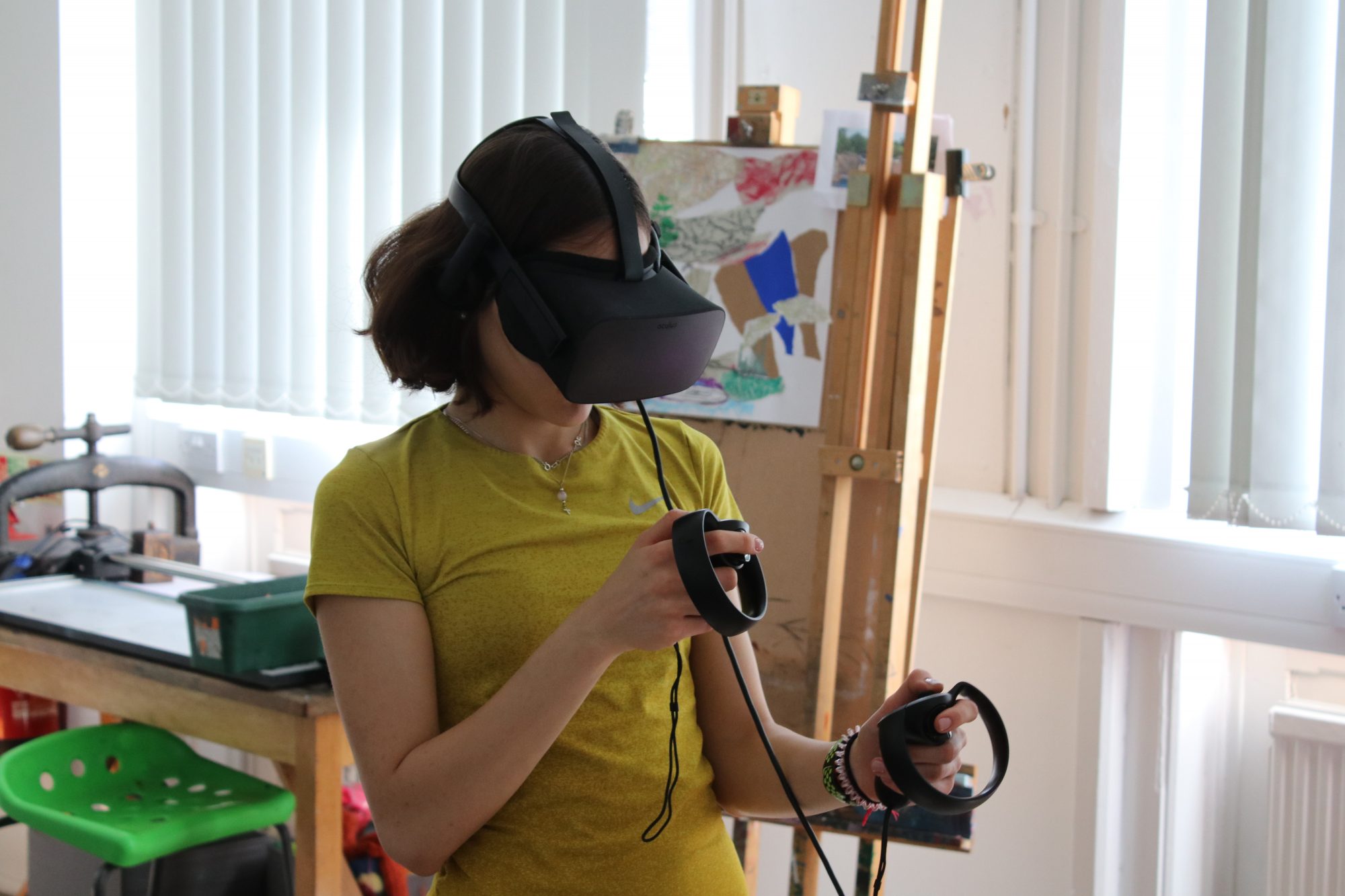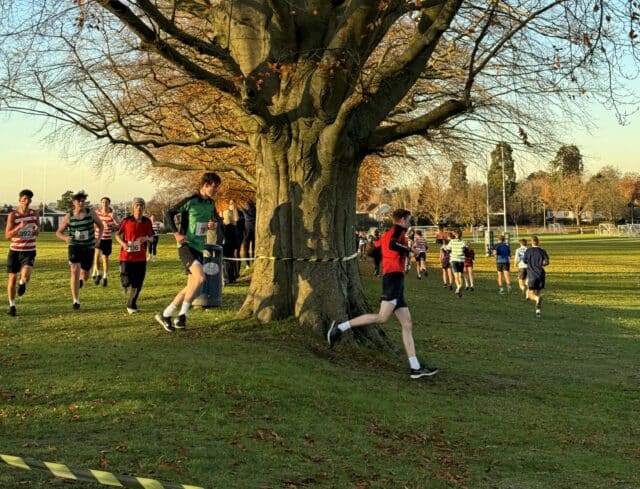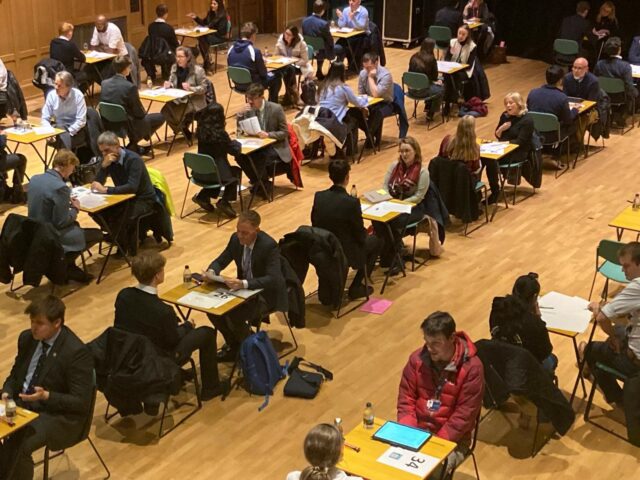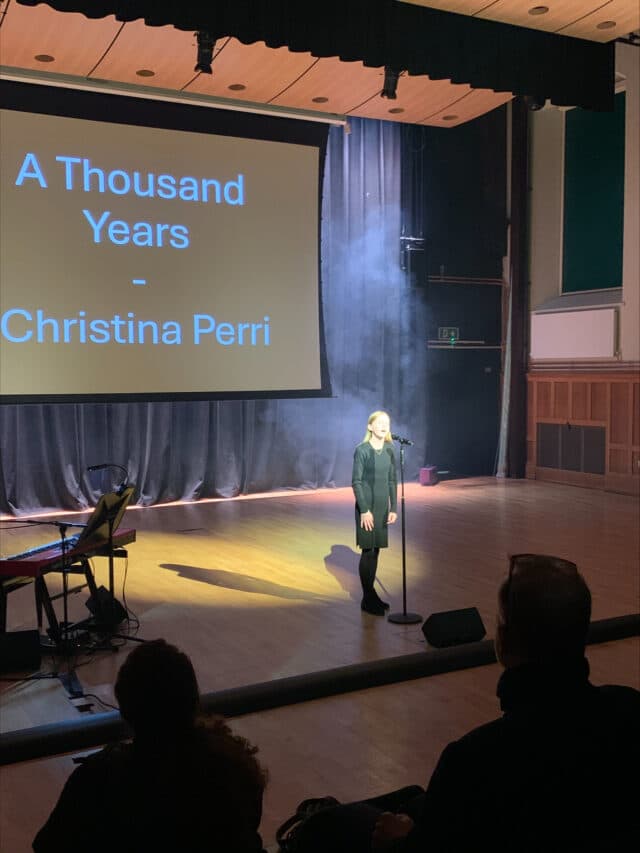Over the last week, teaching staff have been exploring the world of virtual reality (VR) and assessing the potential applications of the technology in the classroom. Here Director of Learning & Innovation, Oliver Fernie, explains why we conducted the trial, and the benefits for each department.
“As highlighted in a report from the ISC Digital Strategy Group and Re-thinking Education, despite VR technology still being in its infancy, there is some evidence that it has the potential to transform the way in which pupils learn in the coming years. Due to the fact that the viewer is in control, it makes the experience active and so immersive that it can induce an emotional as well as a rational response. There is naturally some healthy scepticism amongst colleagues about the possible applications, which is why we felt it important to start investigating the place VR might play in the classroom of the future.
Examples from different departments
Biology (You by Sharecare)
The Biology Department tried out You by Sharecare to look inside different organs of the human body. This was a truly immersive experience, enabling the participant to see the impact of asthma on the alveoli in the lungs; the use of a stent to unblock an artery in the heart; and experience the sound of neurons firing all around the viewer when ‘inside the brain’.
Chemistry (Nanome; HoloLAB)
Chemistry had a go at drawing molecules and changing their representations using the Nanome app, as well as testing their lab safety prowess in the HoloLAB app.
DT (Blocks by Google)
The DT department used Blocks by Google to design a virtual idea and explore it from all angles. Upper Fourth pupils were quick to pick up the controls, especially those that have headsets of their own at home. Teachers felt that it could be used by pupils at the initial design stage for coursework to design prototypes in 3D.
Art (Tilt Brush by Google)
Lower Sixth Art pupils tried out Tilt Brush by Google and loved it. They liked the collaborative aspect of it as they were able to build on top of their classmates’ structures. One pupil came up with the idea of uploading all her physical work into the app and creating her own gallery space.
Physics (NASA Exoplanets; BBC Home Spacewalk)
Teachers in Physics explored the solar system using NASA Exoplanet and went on a space walk.
Geography (Google Earth; Greenland Melting)
Upper Fourth Geography pupils flew around the world, visiting a variety of contrasting landscapes and cities in the Google Earth app, as well as witnessing the impact that climate change has had on the glaciers in Greenland.
History (Berlin Blitz 1943 – BBC)
In September 1943, BBC war correspondent Wynford Vaughan-Thomas boarded a Lancaster bomber with his recording engineer and a microphone. The History department joined the crew to fly to the heart of Nazi-occupied Europe, listening to the original recordings documenting the terrible ordeal – a major night-time bombing raid over Berlin. Afterwards, James Dunn described it as “an amazing experience of total immersion of a past event as it unfolds.”





